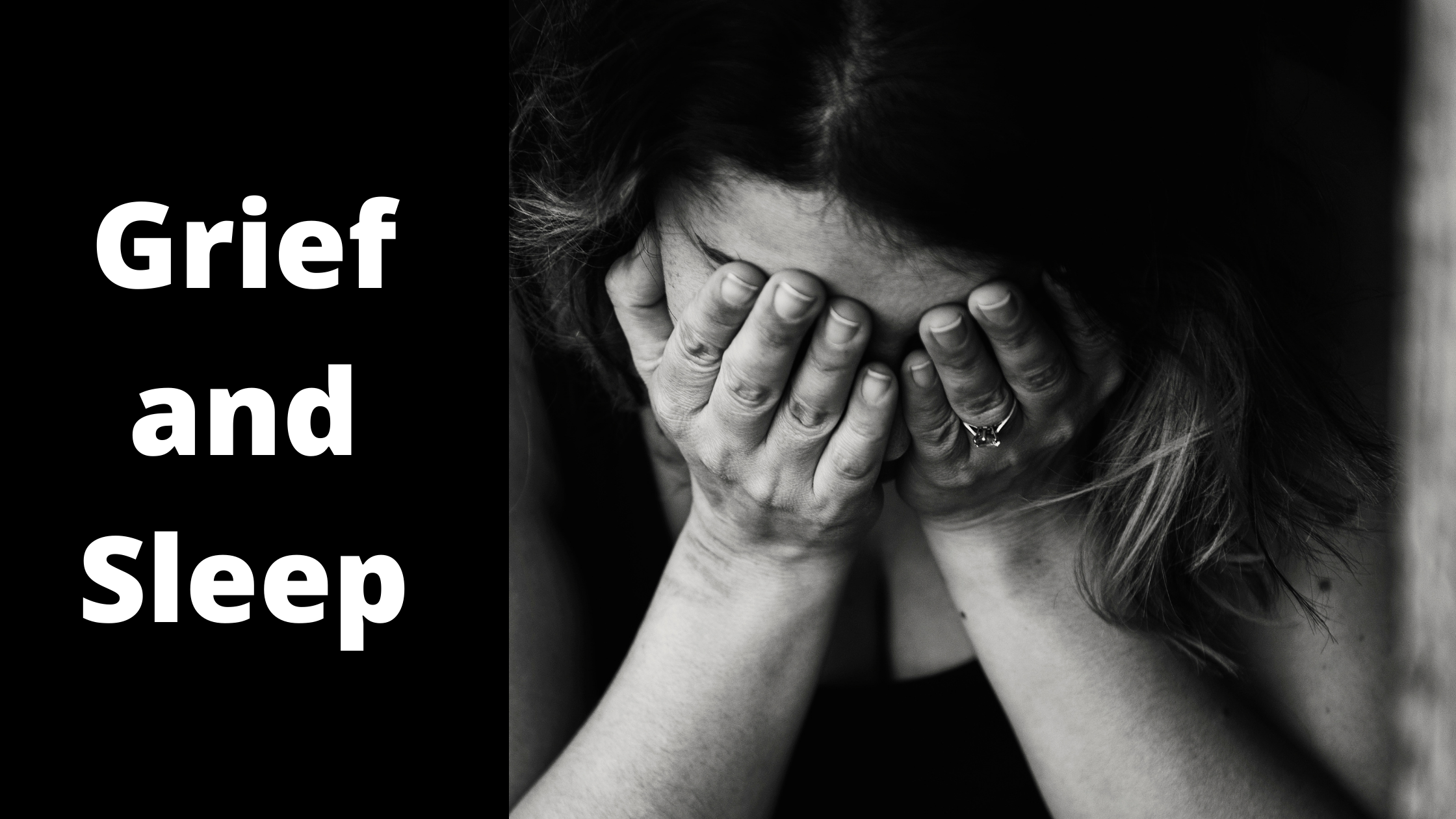
Grief is an inevitable part of life. It is the sad feelings that overwhelm you when something sad happens, such as the loss of a loved one. Grief is a natural part of the healing process as you are learning to accept that your loved one is gone, and figuring out how to live life without them.
Grief manifests itself differently in everyone, but one common finding is sleep disturbance. Those who are grieving may find themselves sleeping more or less than before, but either way, it's abnormal compared to their normal patterns of sleep. Continue reading to find out how grief can impact your sleep.
What is grief?
Grief can be experienced in five distinct stages: disbelief, bargaining, anger, depression and acceptance. These stages don't necessarily happen in a linear fashion, however, it is common to experience various duration and severity of all of them. Eventually, grief lessens in severity over time, which is what differentiates grief from depression.
Around six months, most people are able to accept the loss and integrate it into their lives. Any grief that extends beyond a year can be classified as a disorder or something that requires significant intervention.
However, acutely, grief just needs to be supported and small interventions like grief counselors, family time, and financial and social support may be the best ways to help someone through the grieving process.
When grief becomes complicated grief.
For 10-15% of grievers, the intensity of the grief does not diminish over time. They experience intense symptoms of grief, even after the six months have passed. This is known as complicated grief, prolonged grief disorder or traumatic grief. Symptoms include recurrent and intrusive emotional pain, preoccupation with and persistent longing for the deceased, anger over the person's death, loss of trust, emotional numbness, survivor's guilt, and loneliness.
This disorder is also distinct from mental health disorders like depression and anxiety, although it can coexist with Post-Traumatic Stress Disorder (PTSD).
A person's risk of developing complicated grief doubles when they've experienced the loss of a close loved one like a child or a spouse. Women, older individuals, those with lower income, and those who have lost someone to cancer may be at an increased risk as well.
How grief affects sleep
Lack of sleep is a common issue experienced by grieving individuals. They take longer to fall asleep, wake up several times for various durations throughout the night, and spend a significant amount of time laying awake in bed than asleep.
Those who are feeling overwhelming feelings of sadness may suffer from middle insomnia, which is the ability to fall asleep, but waking up in the middle of the night. Thoughts or dreams about their loved ones may keep them awake. Anxiety of sleeping alone for the first few times can also create problems.
This is a bidirectional relationship as those with trouble sleeping can also develop complicated grief. Those who have trouble sleeping due to their grief are at a higher risk of developing complicated grief.
Treatments
Poor sleep can worsen outcomes for those with grief. Good sleep can help individuals cope, so therapeutic approaches that target both grief and sleep are recommended.
Therapeutic options include a mix of psychotherapy and medication. Medication can help with regulation of emotions so that way the individuals can better tolerate therapy.
Cognitive behavioral therapy is a type of therapy that addresses the thoughts and behaviors and tries to better align them. This type of therapy may specifically address better sleep hygiene habits and creating a good sleep routine.
If you are having immense trouble sleeping, then please click the orange button below to talk to an online sleep expert as soon as possible. 
Resources:
https://www.sleepfoundation.org/mental-health/grief-and-sleep
